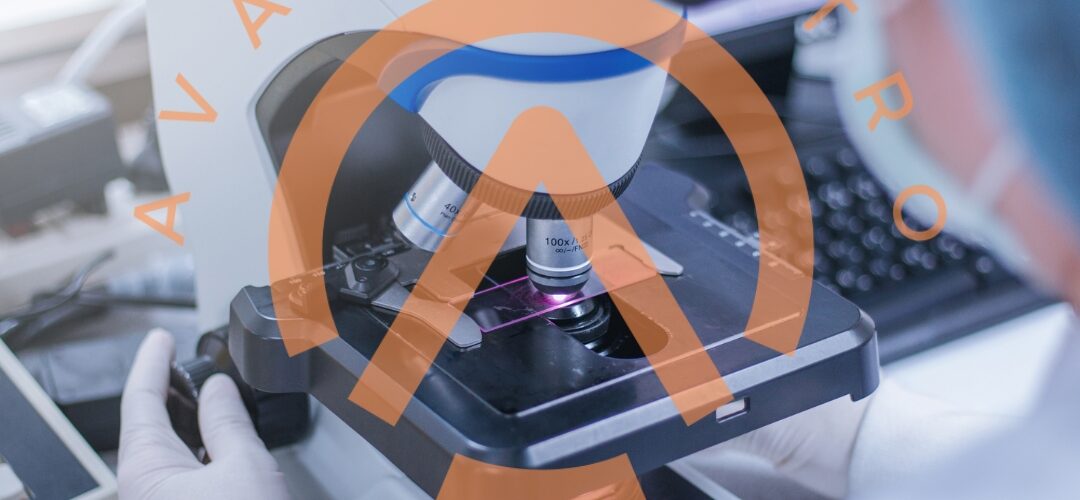The Significance of Polymers in the Medical Industry
The medical industry’s reliance on polymers is undeniable, with these versatile compounds playing a pivotal role in various aspects of healthcare. In this article, we delve into the world of medical polymers, exploring their diverse applications and how they are transforming the way healthcare is delivered.
Polymers in Medical Devices
Medical devices have come a long way in enhancing patient care and treatment. Polymers have been instrumental in this progress, with their lightweight, durable, and biocompatible properties. They are used in manufacturing items like syringes, catheters, and prosthetic devices, ensuring patient safety and comfort.
Biodegradable Polymers in Drug Delivery
The pharmaceutical industry has witnessed a revolution with the introduction of biodegradable polymers in drug delivery systems. These polymers enable controlled and sustained drug release, reducing the need for frequent dosages and minimizing side effects. Patients now benefit from more effective and convenient treatment options.
Polymer Coatings for Medical Implants
When it comes to medical implants, the role of polymers cannot be overstated. They are used to create biocompatible coatings for implants, such as stents and joint replacements. These coatings improve the integration of the implant with the body, reducing the risk of rejection and complications.
Sterilization and Packaging
Maintaining the sterility of medical equipment and supplies is critical in healthcare settings. Polymers play a crucial part in the sterilization process and in the packaging of medical products. Their use ensures that medical tools remain uncontaminated until they are needed, safeguarding patient health.
Tissue Engineering and Regenerative Medicine
Polymers have opened new horizons in tissue engineering and regenerative medicine. They serve as scaffolds for the growth of new tissues and organs, offering hope to patients in need of transplants. This innovative approach has the potential to revolutionize the field of organ transplantation.
Infection Control
Infection control is a top priority in the medical industry, and polymers contribute significantly to this effort. Antimicrobial polymers are being used in various applications, from wound dressings to hospital surfaces, to inhibit the growth of harmful microorganisms and reduce the risk of infection.
Conclusion
In conclusion, polymers are the unsung heroes of the medical industry. Their adaptability, biocompatibility, and diverse applications have propelled advancements in patient care, drug delivery, and medical technology. As we continue to explore new frontiers in healthcare, polymers will undoubtedly play an increasingly vital role in shaping the future of medicine.
Written by Emir Narin

